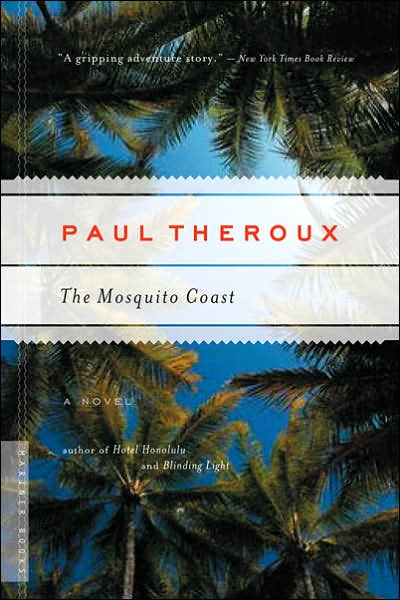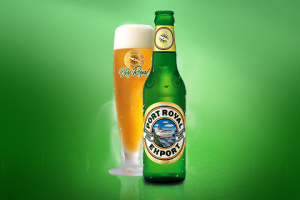It rains a lot in Honduras. Not cold, harsh, uncomfortable
rain, but rain nonetheless. Considering how hot it is, the rain can be a cool
refresher after another 90 degree day. Indeed, the best times of the day are those
before and after it rains. The calm before the storm is the time to be
outside (where I live) in Honduras.
But the
rain also brings something very, very unpleasant. This relentless malfeasance is
dark, frustrating, boring, and potentially scary. It is, as any reader astute
to enough to read the title knows, is the power outage. Let me tell you how
much power outages suck: a fucking lot.
In the
U.S., power outages are not particularly fun, but they are certainly bearable. Losing
internet is rough, but I can watch tv show’s on my computer until its battery
is dead. I can play games on my iPhone, and normally I can read. If the power
is gone for a significant amount of time, I can drive somewhere to take a shit
or recharge my electronics.
In
Honduras, power outages are far less fun and far more common. Watching DVD’s is
sometimes an option, but often the rain is pounding so hard on my highly
questionable tin roof that I can’t hear a word emerging from the speakers on
maximum volume. I don’t have an iPhone in Honduras because of roaming charges,
instead I have a cheap piece of shit with one game and no internet on it.
Reading is the best option, but if it is after 6pm then you will be using a
flashlight and squinting to see the words. People don’t go outside if its
raining or if its dark; if its raining because it is uncomfortable, if its dark
because its unsafe. Without power, I can’t skype my family or friends, watch
television, check my fantasy team, or make copies of important papers for my
students.
Still, these outages would be bearable if they were uncommon. But they show up about as much as a football game on television. A near certainty on Saturday and Sunday, and a likelihood at least a couple of days a week. A significant number of the weekend power outages are planned; the Honduran government remains incapable of producing a fully functional power grid. Small towns and rural areas lose power more often than Tegucigalpa or San Pedro: city dwellers are more politically connected.
The overall point here is that power outages are 1. common, and 2. suck. Hondurans are used to them, but I don't think I ever will be.

